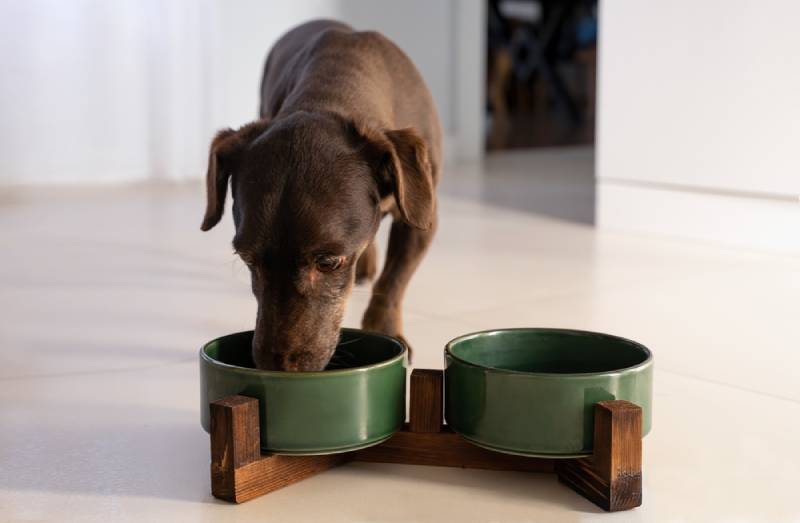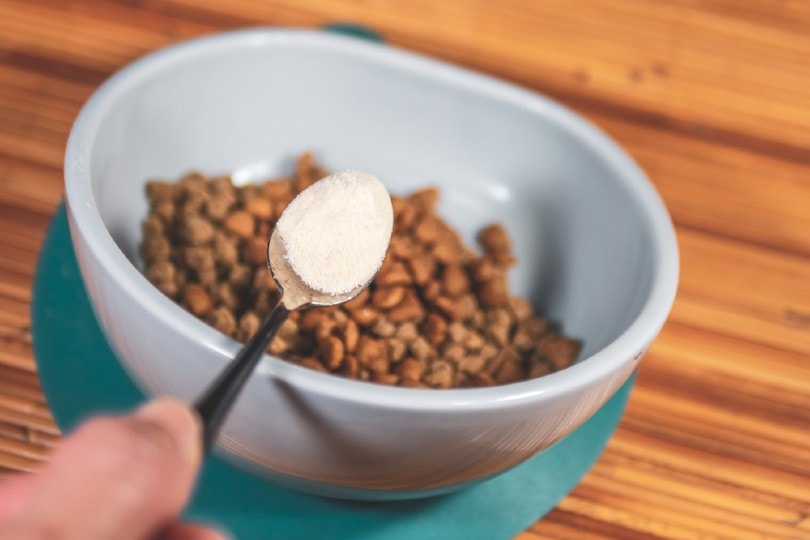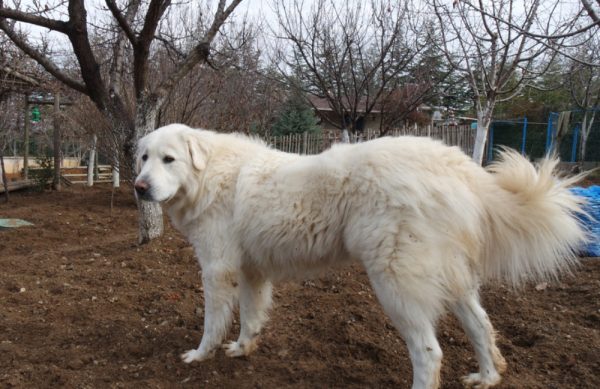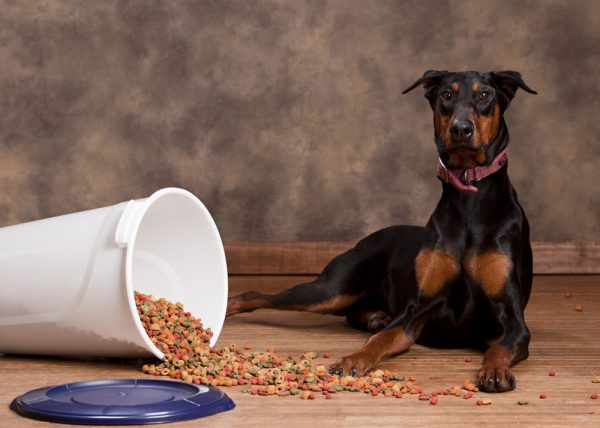Yes, it does exist. National Dog Farting Day takes place every year on April 8th, but it isn’t a sign to tuck tail and run. Instead, it’s intended to raise awareness about your dog’s health. Every dog farts, usually at a rate of 12–25 farts a day, which is about the same as humans. However, excessive flatulence or disturbingly smelly fumes could signify trouble for their digestive system.
National Dog Farting Day gives us the opportunity to really consider whether our dog passes gas normally, or if their body could use a little fresh air.

What to Know About Dog Farts
In honor of National Dog Farting Day, here are some facts about dog farts. These facts are designed to raise awareness about dog farts on April 8th and any other day of the year. Try not to laugh, but it’s okay if you do.
1. Some Breeds Pass Gas More Than Others
Brachycephalic breeds, or dogs with snub noses such as the Pug, Mastiff, and French Bulldog, tend to swallow more air than they need due to their constricted airways. The extra air must escape somehow, and usually, it exits out the back door.

2. Dogs Who Eat Quickly Fart More Often
As with brachycephalic breeds, dogs who wolf down their food are more prone to excessive gas because they swallow too much air.
3. Hydrogen Sulfide is a Digestive By-Product That is Responsible for the Stench
Although your dog releases a cocktail of gasses every time they experience flatulence, most of them are harmless to your nose. Hydrogen sulfide provides a warm, rotten smell that makes your eyes burn. Interestingly, some foods actually contain this chemical, including broccoli, cabbage, eggs, and beef.
These foods contain some super beneficial nutrients as well, so you shouldn’t necessarily exclude them from your dog’s diet. However, you should always make sure your dog is receiving a balanced portion of food with minimal table food scraps to limit tummy upset.

4. Sometimes Flatulence is No Laughing Matter
If your dog routinely passes extremely smelly gas, or if you notice signs of digestive upset, such as blood in their stool, you should take them to the vet to get evaluated. A poor diet may be the cause of their distress, or they could have parasites or even a disease affecting their GI tract.
Your vet will be able to give you feeding advice, as well as screen them for possible health conditions.
5. Probiotics May Help
Your dog’s stomach is always at war. It hosts millions of healthy bacteria that fight every day against the bad microorganisms that enter from the outside. If the bad bacteria overpower the good, your dog’s overall health may suffer as the GI system affects everything from processing food to regulating allergic reactions.
Excessively smelly farts can be a sign that your dog’s tummy could use some assistance. Probiotic supplements provide an extra supply of good bacteria so your dog can push back against the bacterial invaders and stay healthy.


Final Thoughts
More than love may be in the air every year on April 8th. As silly as it may seem, it’s always a good idea to monitor your dog’s overall health, including how often they pass gas. Intensely smelly or frequent farts may be a warning sign of an impending health crisis, so you should familiarize yourself with what’s normal for your pet and visit your vet if anything changes.
It’s worth mentioning that April 8th is also National Dog Fighting Awareness Day, so it’s a busy day for animal advocates who are trying to make the world a safer place for their canine friends.
Featured Image Credit: UfaBizPhoto, Shutterstock





















